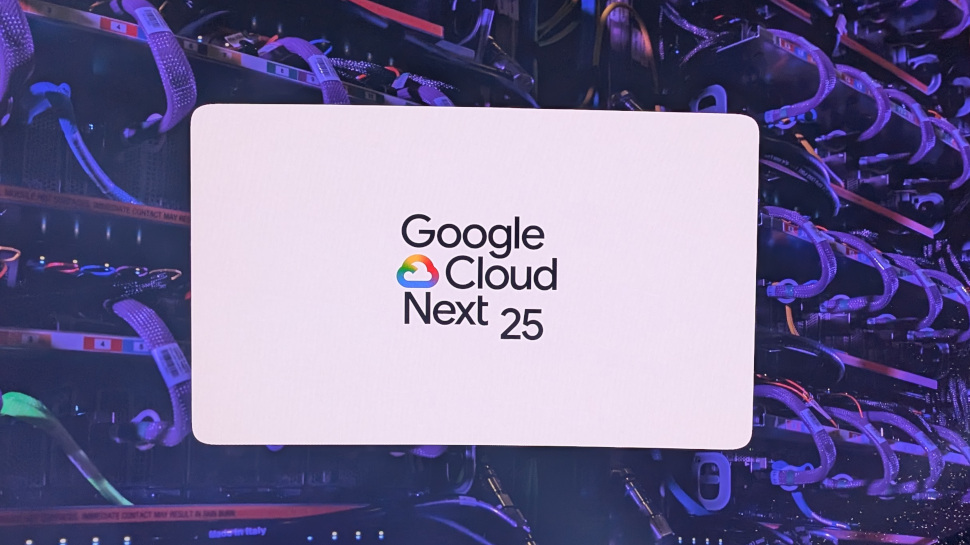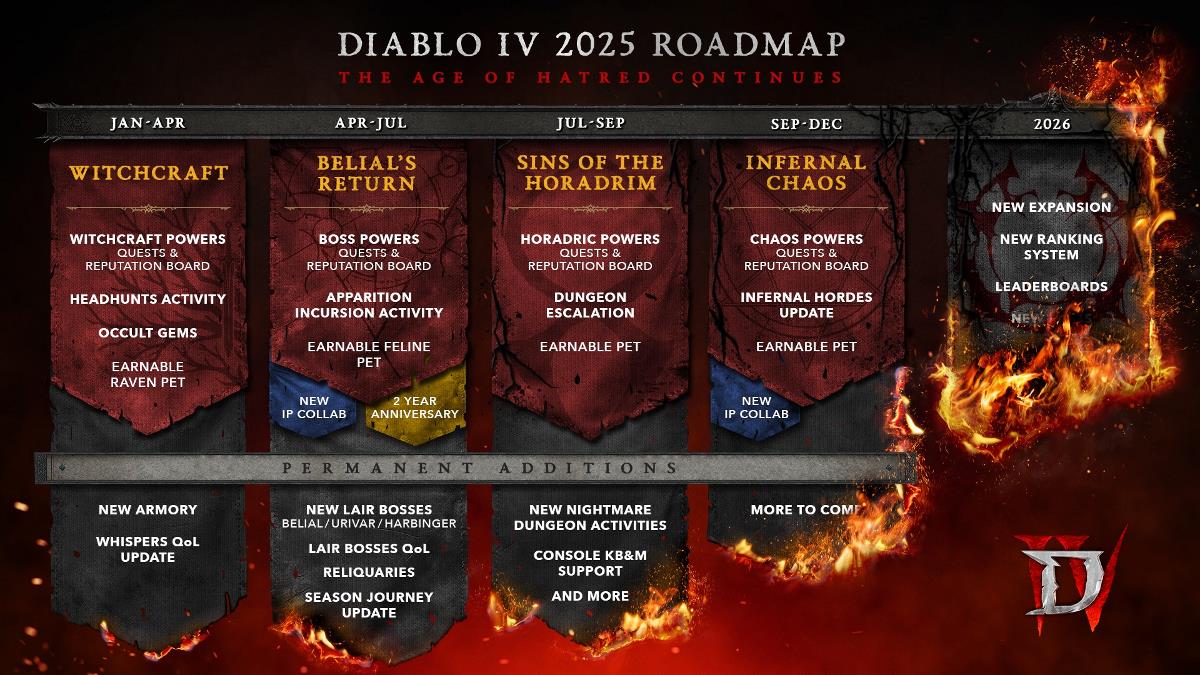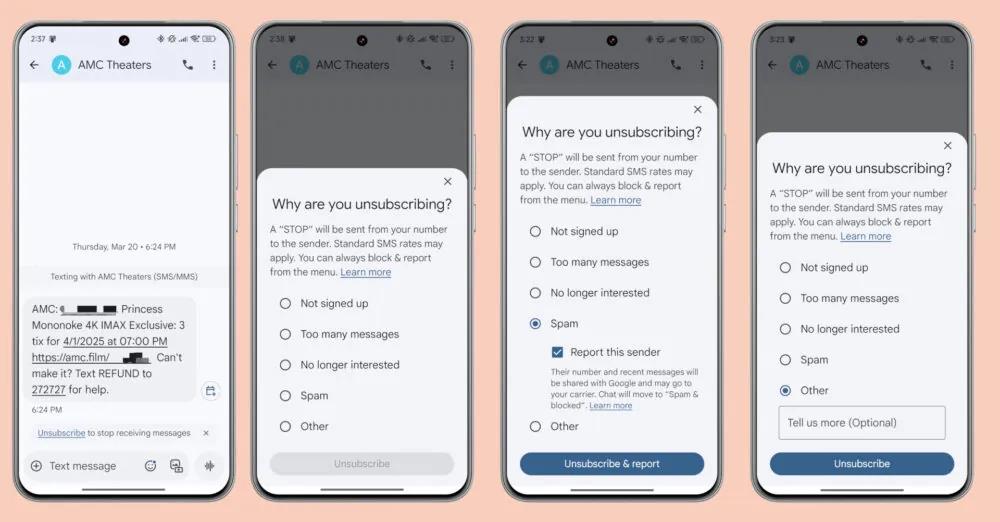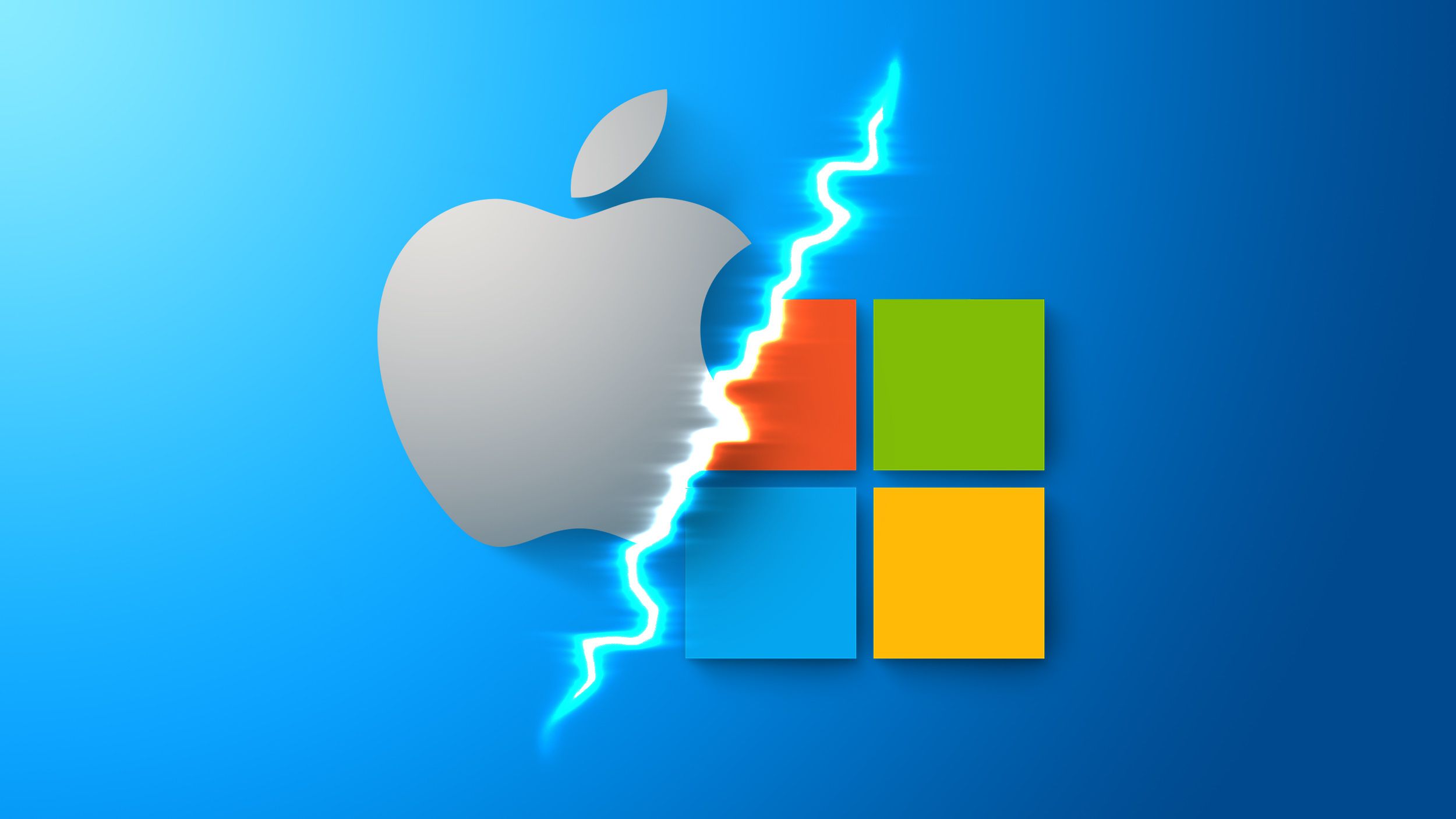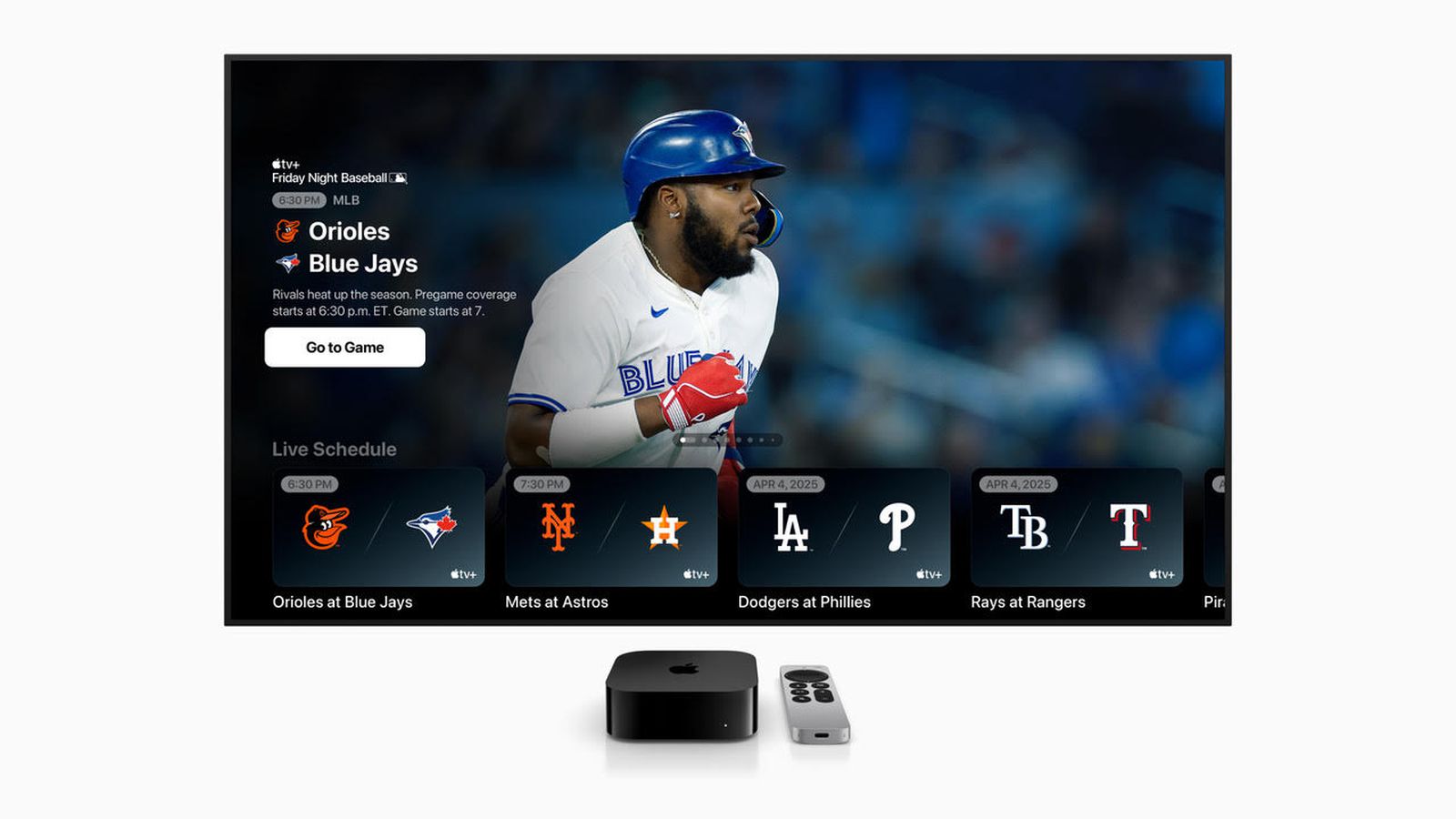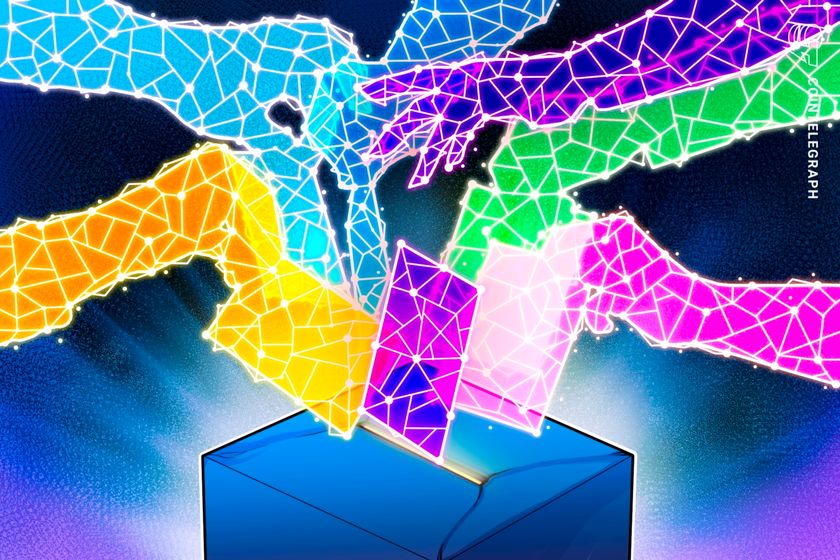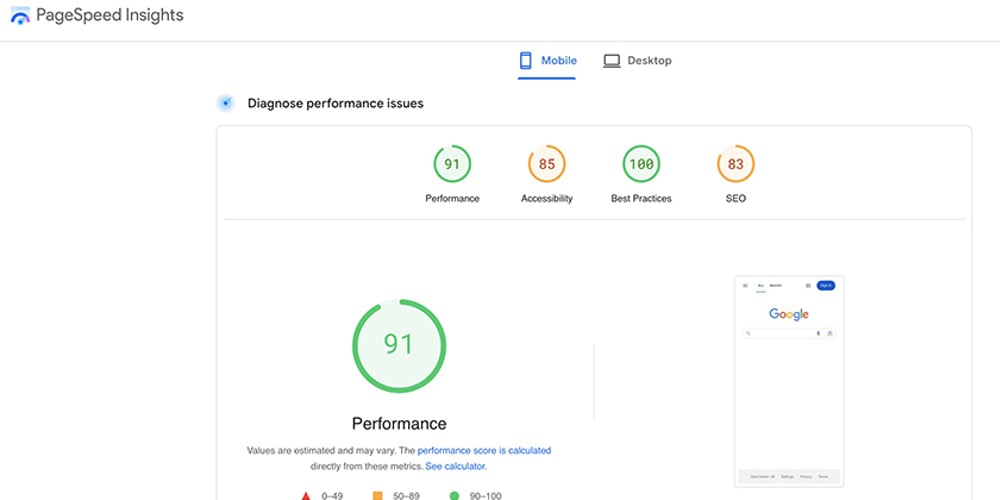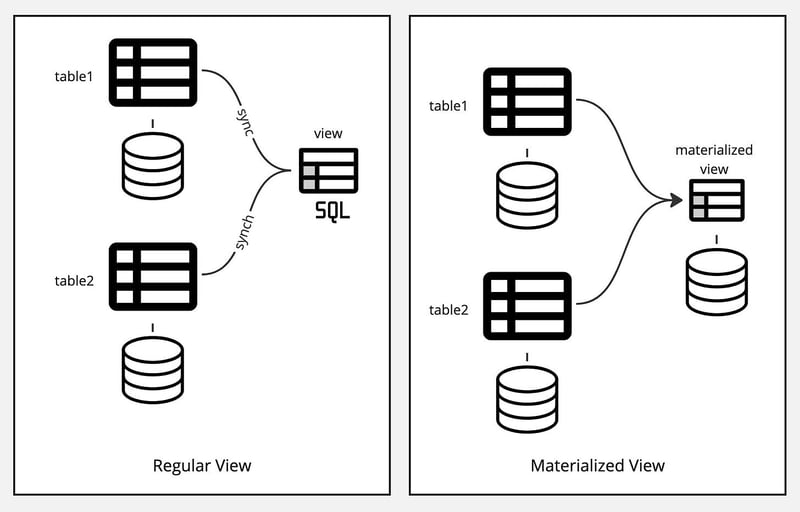LMS for Customer Training Builds Connections Between Product Knowledge and Brand Loyalty
In today’s competitive landscape, customer experience is the driving force behind brand success. Companies constantly seek ways to strengthen their relationships with customers, ensuring long-term engagement and loyalty. A Learning Management System (LMS) designed for customer training serves as a strategic tool to educate users, enhance product adoption, and foster deeper brand affinity. The Importance of Customer Training Customer training equips users with the necessary skills and knowledge to maximize the value of a product or service. By offering structured learning experiences, businesses empower their customers, leading to increased satisfaction and reduced frustration. For instance, technology firms frequently provide software tutorials, while home appliance brands educate consumers on maintenance best practices. A well-trained customer is more likely to become an advocate for the brand. When users understand the full potential of a product, they don’t just use it—they endorse it. This kind of organic brand loyalty can drive repeat business and positive word-of-mouth marketing. Furthermore, companies that invest in customer education often experience lower churn rates, as users are less likely to abandon a product due to confusion or lack of guidance. How an LMS Enhances Customer Training An LMS provides a digital platform where businesses can create, manage, and deliver training content efficiently. Unlike traditional manuals, an LMS enables interactive learning with features such as videos, quizzes, and step-by-step modules that cater to various learning styles. Additionally, adaptive learning paths ensure that training content evolves based on customer progress and preferences. Key advantages of an LMS for customer training include: Scalability – Businesses can educate a vast customer base, regardless of location. Consistency – Ensures all users receive uniform, high-quality training. 24/7 Accessibility – Customers can access learning materials at their convenience. Analytics & Insights – Provides valuable data on customer engagement and learning progress. Seamless Integration – Many LMS platforms connect with CRM, support systems, and e-commerce tools to enhance the user experience. Modern LMS solutions often incorporate AI-powered assistants to provide real-time guidance, personalized learning paths, and performance tracking. Businesses aiming to improve customer onboarding and retention should consider implementing an LMS for customer training to optimize learning outcomes and engagement. Strengthening Brand Loyalty Through Education How does structured customer training contribute to long-term brand loyalty? Here are some key factors: 1. Boosted Customer Confidence Educated customers feel more confident using a product, reducing frustration and increasing satisfaction, which translates into higher retention and repeat purchases. 2. Lower Support Costs Well-trained users require fewer customer support interactions, allowing companies to allocate resources more effectively and enhance overall service efficiency. 3. Building a Community LMS platforms can facilitate community-driven learning through discussion forums, peer support, and live webinars, encouraging customer engagement beyond the training itself. 4. Tailored Learning Experiences Customizable training programs ensure that customers receive content suited to their needs, leading to greater interest and deeper product knowledge. 5. Opportunities for Upselling and Expansion Continuous education enables businesses to introduce new features, advanced courses, and complementary products, fostering upselling and cross-selling opportunities. A prime example is Peloton, which integrates LMS-style learning tools to teach customers about its fitness equipment while keeping them engaged with structured workout programs. This approach has cultivated a dedicated customer base that remains highly engaged with the brand. The Future of Customer Training With rapid technological advancements, LMS platforms are evolving to incorporate new and innovative learning methods, such as: AI-Powered Personalization – Recommending courses based on user behavior and performance. Gamification – Encouraging engagement through badges, leaderboards, and interactive challenges. Virtual & Augmented Reality – Providing immersive training experiences that allow customers to explore products in a simulated environment. Microlearning – Delivering bite-sized content to accommodate modern users’ shorter attention spans. Multi-Device Compatibility – Ensuring training materials are accessible on desktops, tablets, and smartphones for seamless learning. Organizations focusing on both customer and internal workforce training can leverage employee training management software to develop structured learning programs that drive competency and efficiency across all st
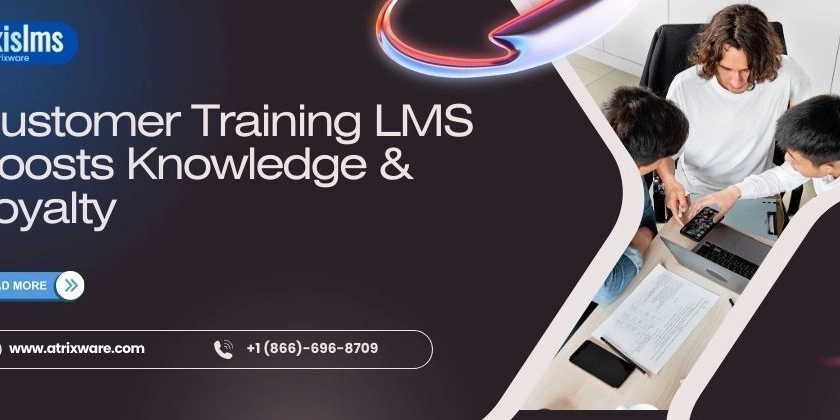
In today’s competitive landscape, customer experience is the driving force behind brand success. Companies constantly seek ways to strengthen their relationships with customers, ensuring long-term engagement and loyalty. A Learning Management System (LMS) designed for customer training serves as a strategic tool to educate users, enhance product adoption, and foster deeper brand affinity.
The Importance of Customer Training
Customer training equips users with the necessary skills and knowledge to maximize the value of a product or service. By offering structured learning experiences, businesses empower their customers, leading to increased satisfaction and reduced frustration. For instance, technology firms frequently provide software tutorials, while home appliance brands educate consumers on maintenance best practices.
A well-trained customer is more likely to become an advocate for the brand. When users understand the full potential of a product, they don’t just use it—they endorse it. This kind of organic brand loyalty can drive repeat business and positive word-of-mouth marketing. Furthermore, companies that invest in customer education often experience lower churn rates, as users are less likely to abandon a product due to confusion or lack of guidance.
How an LMS Enhances Customer Training
An LMS provides a digital platform where businesses can create, manage, and deliver training content efficiently. Unlike traditional manuals, an LMS enables interactive learning with features such as videos, quizzes, and step-by-step modules that cater to various learning styles. Additionally, adaptive learning paths ensure that training content evolves based on customer progress and preferences.
Key advantages of an LMS for customer training include:
Scalability – Businesses can educate a vast customer base, regardless of location.
Consistency – Ensures all users receive uniform, high-quality training.
24/7 Accessibility – Customers can access learning materials at their convenience.
Analytics & Insights – Provides valuable data on customer engagement and learning progress.
Seamless Integration – Many LMS platforms connect with CRM, support systems, and e-commerce tools to enhance the user experience.
Modern LMS solutions often incorporate AI-powered assistants to provide real-time guidance, personalized learning paths, and performance tracking. Businesses aiming to improve customer onboarding and retention should consider implementing an LMS for customer training to optimize learning outcomes and engagement.
Strengthening Brand Loyalty Through Education
How does structured customer training contribute to long-term brand loyalty? Here are some key factors:
1. Boosted Customer Confidence
Educated customers feel more confident using a product, reducing frustration and increasing satisfaction, which translates into higher retention and repeat purchases.
2. Lower Support Costs
Well-trained users require fewer customer support interactions, allowing companies to allocate resources more effectively and enhance overall service efficiency.
3. Building a Community
LMS platforms can facilitate community-driven learning through discussion forums, peer support, and live webinars, encouraging customer engagement beyond the training itself.
4. Tailored Learning Experiences
Customizable training programs ensure that customers receive content suited to their needs, leading to greater interest and deeper product knowledge.
5. Opportunities for Upselling and Expansion
Continuous education enables businesses to introduce new features, advanced courses, and complementary products, fostering upselling and cross-selling opportunities.
A prime example is Peloton, which integrates LMS-style learning tools to teach customers about its fitness equipment while keeping them engaged with structured workout programs. This approach has cultivated a dedicated customer base that remains highly engaged with the brand.
The Future of Customer Training
With rapid technological advancements, LMS platforms are evolving to incorporate new and innovative learning methods, such as:
AI-Powered Personalization – Recommending courses based on user behavior and performance.
Gamification – Encouraging engagement through badges, leaderboards, and interactive challenges.
Virtual & Augmented Reality – Providing immersive training experiences that allow customers to explore products in a simulated environment.
Microlearning – Delivering bite-sized content to accommodate modern users’ shorter attention spans.
Multi-Device Compatibility – Ensuring training materials are accessible on desktops, tablets, and smartphones for seamless learning.
Organizations focusing on both customer and internal workforce training can leverage employee training management software to develop structured learning programs that drive competency and efficiency across all stakeholders.
Conclusion
An LMS for customer training does more than just educate users—it strengthens relationships and fosters brand loyalty that extends beyond the initial purchase. By investing in customer education, businesses create a well-informed user base that is more likely to stay engaged, advocate for the brand, and explore additional offerings.
A well-structured training strategy powered by an LMS leads to higher customer retention, reduced churn, and increased lifetime value. Companies that prioritize customer learning will not only differentiate themselves in the market but also cultivate a loyal community of users who actively contribute to brand success.








































































































































































![[The AI Show Episode 143]: ChatGPT Revenue Surge, New AGI Timelines, Amazon’s AI Agent, Claude for Education, Model Context Protocol & LLMs Pass the Turing Test](https://www.marketingaiinstitute.com/hubfs/ep%20143%20cover.png)







































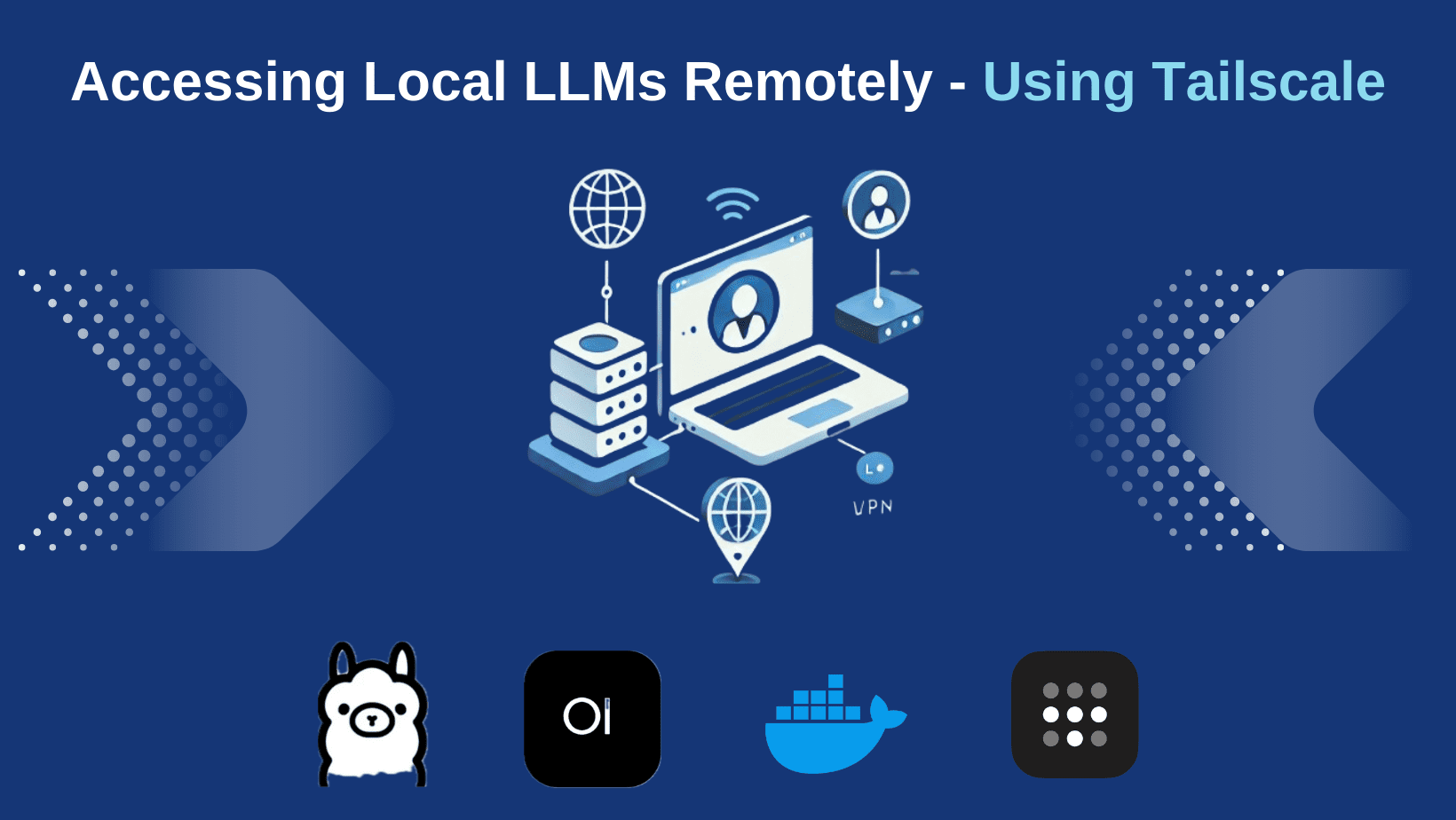












































































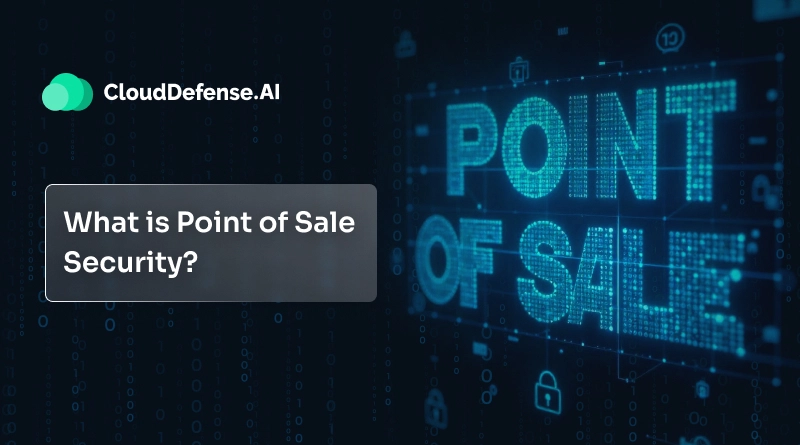
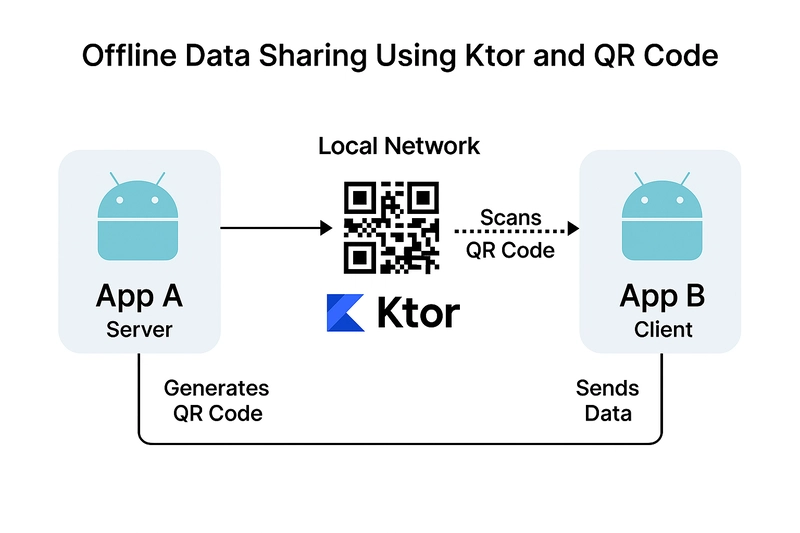














![From drop-out to software architect with Jason Lengstorf [Podcast #167]](https://cdn.hashnode.com/res/hashnode/image/upload/v1743796461357/f3d19cd7-e6f5-4d7c-8bfc-eb974bc8da68.png?#)











































-11.11.2024-4-49-screenshot.png?width=1920&height=1920&fit=bounds&quality=70&format=jpg&auto=webp#)




























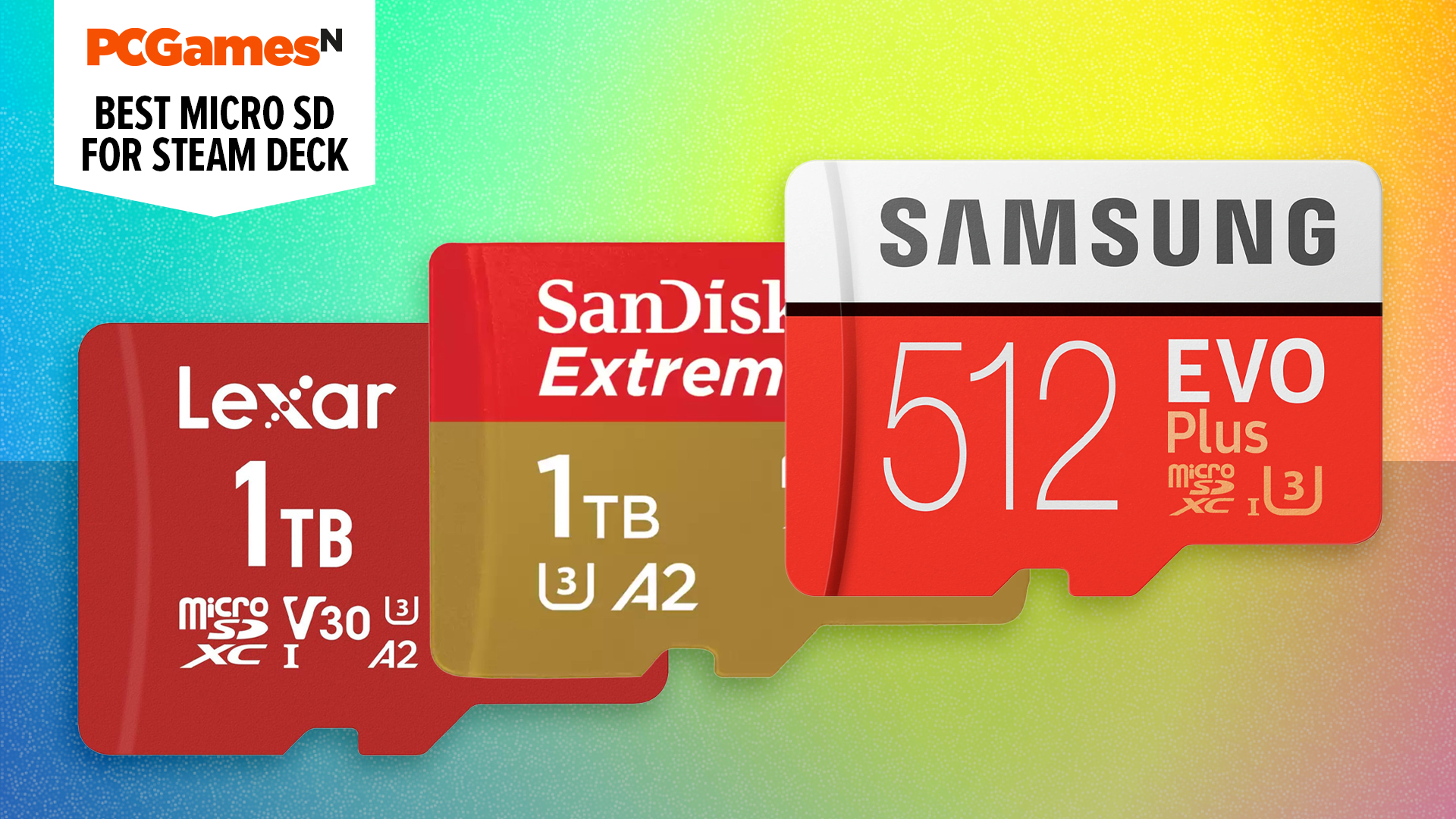




























































_jvphoto_Alamy.jpg?#)

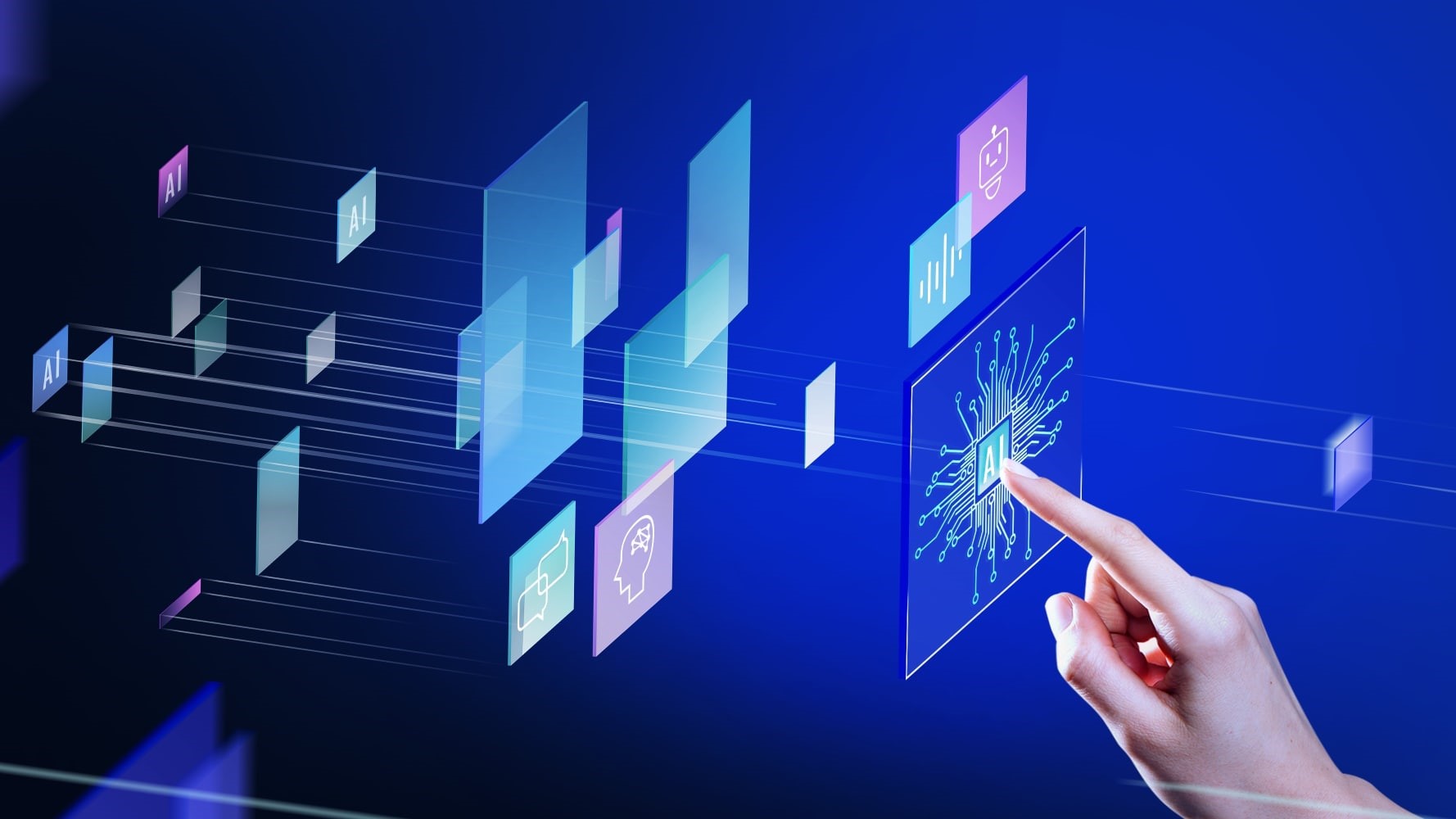



















































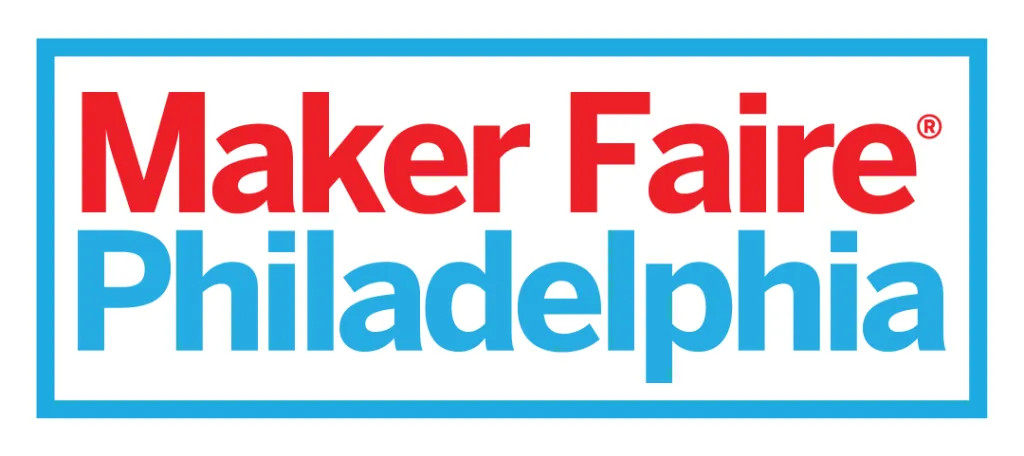































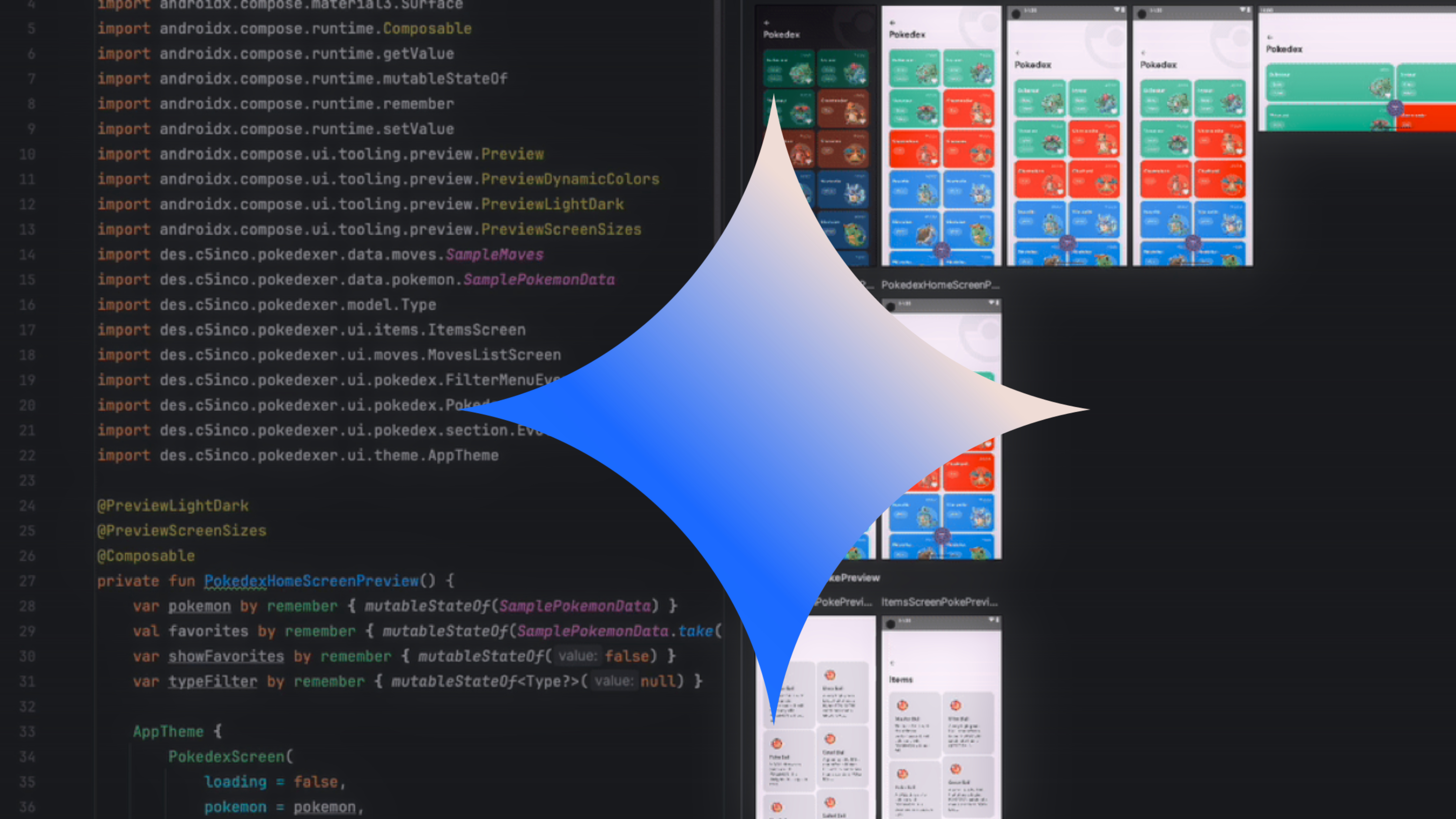


























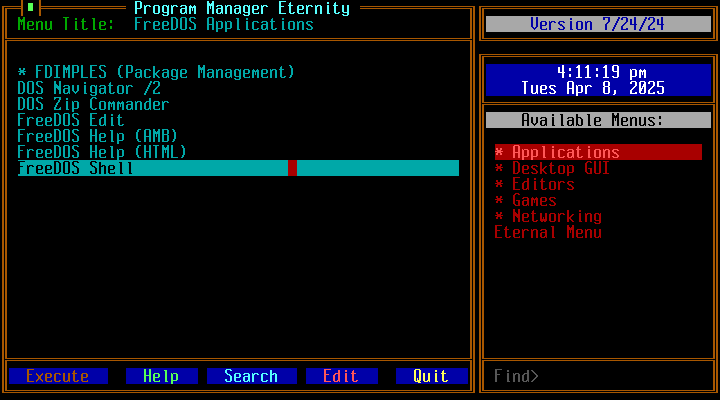
![Apple Rushes Five Planes of iPhones to US Ahead of New Tariffs [Report]](https://www.iclarified.com/images/news/96967/96967/96967-640.jpg)
![Apple Vision Pro 2 Allegedly in Production Ahead of 2025 Launch [Rumor]](https://www.iclarified.com/images/news/96965/96965/96965-640.jpg)




















